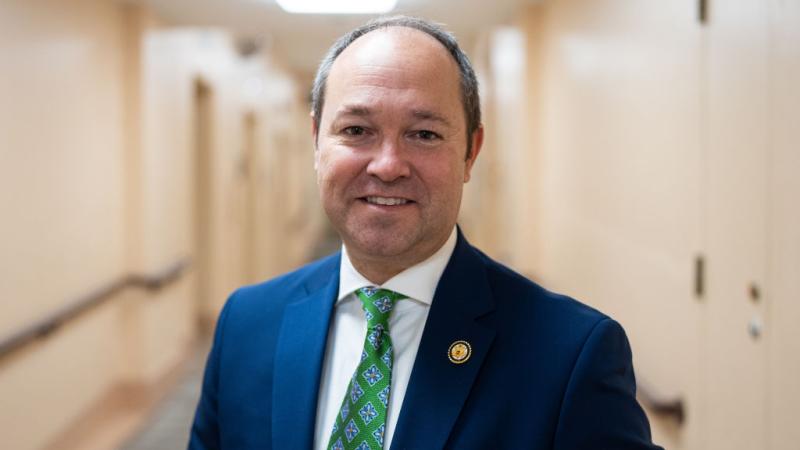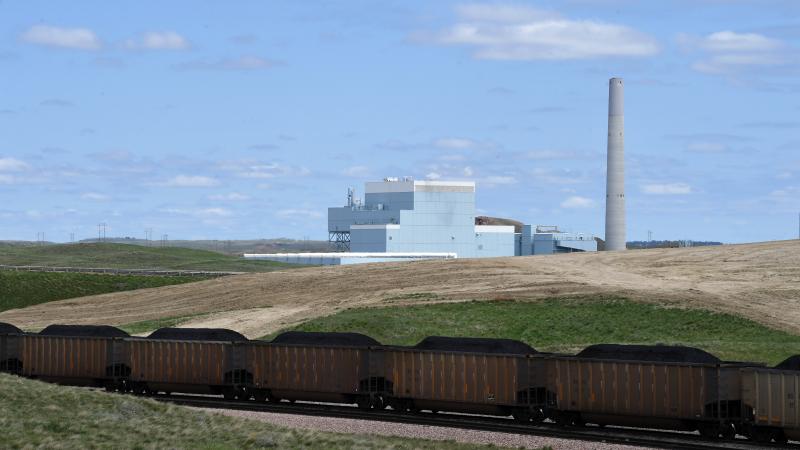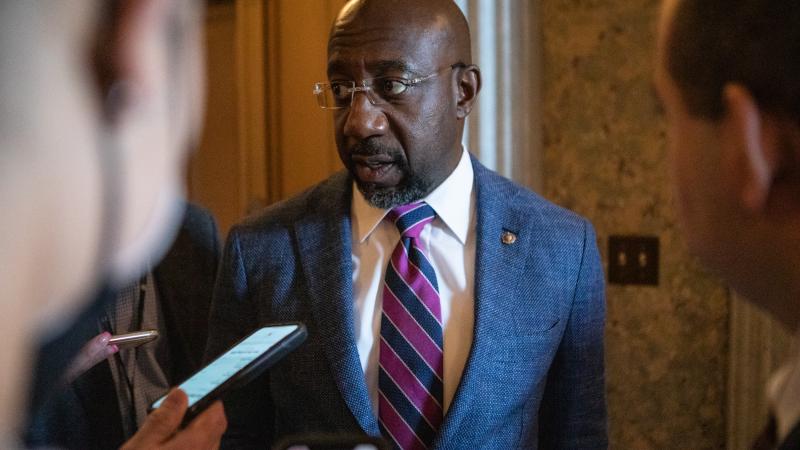Iowa approves Summit Carbon's pipeline application
However, farmers can expect to see decreased yields during construction, according to the order.
The approval of Summit Carbon Solutions, LLC’s (SCS) proposed hazardous liquid pipeline in Iowa will open access to emerging markets for the agriculture industry, the company said.
Those emerging markets include sustainable aviation fuel through lowering ethanol’s carbon intensity score, according to SCS.
However, farmers can expect to see decreased yields during construction, according to the order.
SCS Vice President of Pipeline and Facilities Erik Schovanec said the owners of the crops will be compensated in accordance with Iowa law.
So far SCS says it has signed voluntary easement agreements with 75% of the Iowa landowners along the proposed route and will continue working with them.
The Iowa Utilities Board (IUB) approved the company’s application this week to construct, operate, and maintain the pipeline through 29 Iowa counties after a nearly three-year process that included over 30 public information hearings and approximately 50,000 pages of testimony, according to IUB.
SCS will receive the right of eminent domain over certain parcels once it receives the permit. The company first must obtain proof of general liability insurance for no less than $100 million before the permit is issued. The company is not allowed to begin constructing the pipeline until it has also received approval from North Dakota and South Dakota.
“The momentum will continue as we prepare to file our South Dakota permit application in early July,” said SCS CEO Lee Blank. “We look forward to engaging with the state throughout this process and are confident in a successful outcome.”
During the decision-making process landowners said they had concerns over their drainage tile, farm yields, and tax implications associated with the project.
SCS’s easement payment would impact benefits for the two-thirds of landowners along the route who are 65 and older, according to the order.
SCS Vice President of Land and ROW Micah Rorie said while it was true the landowners might receive less money from their benefit programs, they would be receiving money from Summit Carbon.
IUB said it found the public benefits of the project outweigh the private and public costs.
Schovanec said during testimony that no houses will be displaced along the route and permanent impacts to land use would only be seen in areas where there are above-ground accessories or where the route passes through.
“Presumptions that the existence of an underground pipeline prohibits continued uses or prevents development in and around the pipeline right-of-way is simply not accurate,” said Schovanec.















